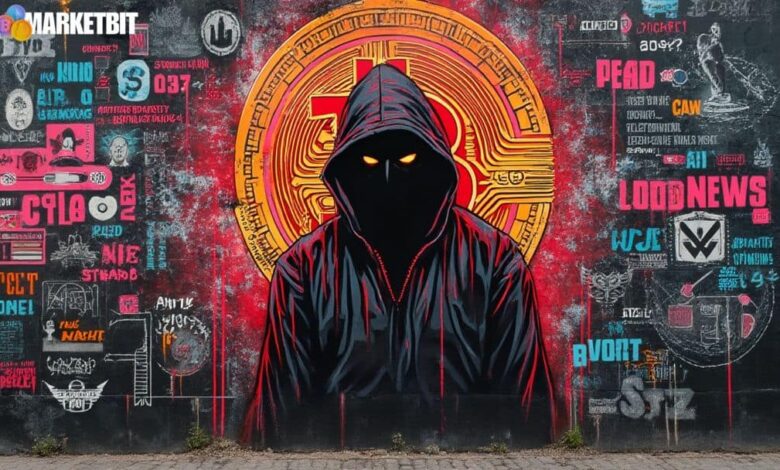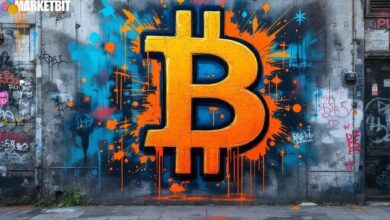Bitcoin Origins: Debunking Rug Pull Creation Myth

- No evidence supports Bitcoin’s creation from a rug pull.
- Bitcoin was a response to traditional financial crises.
- Past scams influenced a shift towards decentralization.
Satoshi Nakamoto launched Bitcoin in 2009, introducing a decentralized digital currency, with the creation not linked directly to any historical rug pull events.
While major rug pulls heightened Bitcoin’s appeal as a trustless asset, they didn’t create it; the cryptocurrency market often reacted with renewed interest in decentralization after such scams.
The notion that a rug pull led to Bitcoin’s creation lacks verified evidence. Bitcoin’s origin is widely attributed to Satoshi Nakamoto’s 2008 whitepaper and its 2009 launch. No credible sources link any prior scam to Bitcoin’s inception.
Bitcoin’s emergence is tied to Nakamoto, with no verified public claims of a rug pull influence. While historic scams like OneCoin amassed billions, they post-date Bitcoin’s launch and primarily highlight security vulnerabilities in the crypto space.
The impact of scams has significantly shaped crypto adoption, leading to increased trust in decentralized assets like Bitcoin. Events such as Mt. Gox’s collapse underscored the security failures of centralized exchanges and the appeal of trustless systems.
Financial losses from crypto scams, such as OneCoin and PlusToken, led to billions being siphoned, proving the importance of decentralization. These events spurred Bitcoin’s demand as a safe haven potential, driven by fear of centralized exchange failures. As Arthur Hayes, former CEO, BitMEX says, “History shows: centralized honeypots get hacked; that’s why Bitcoin was built—to remove the humans from money.”
Bitcoin’s development history shows resiliency amid financial collapses. It underscores decentralized principles while centralized scams accelerate calls for due diligence and regulatory clarity, but Bitcoin’s core ethos remains an enduring force.
The rise of these scams prompted a stronger regulatory focus on exchanges, with global watchdogs urging decentralized accountability. Historical cases highlight the critical need for security improvements and decentralized solutions to enhance trust within the industry.




